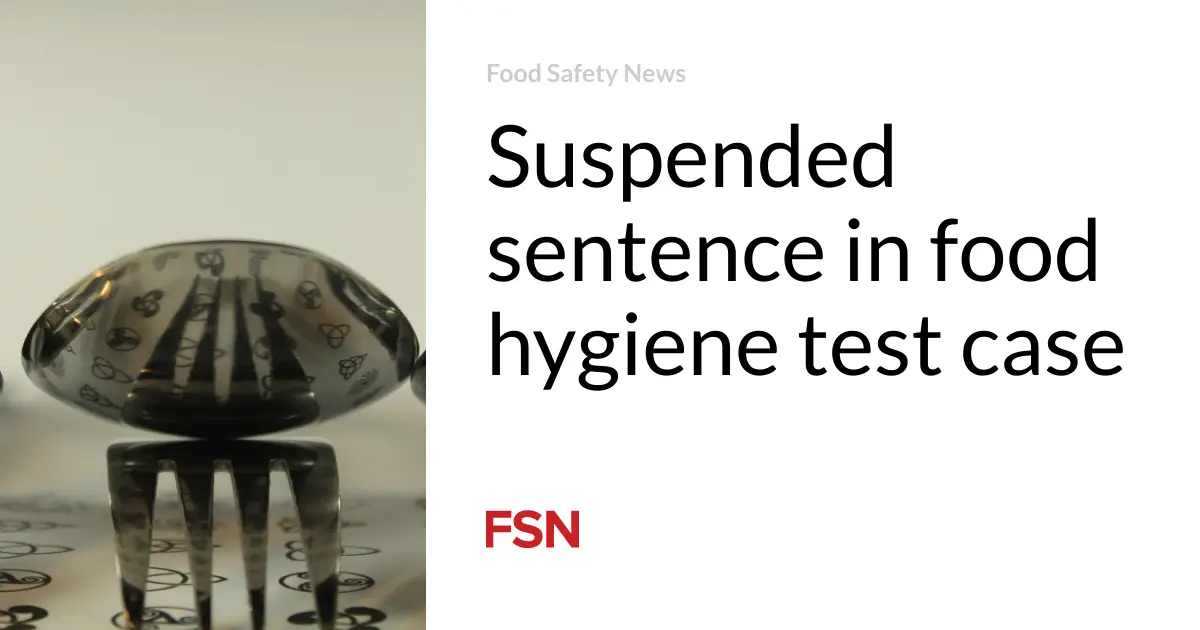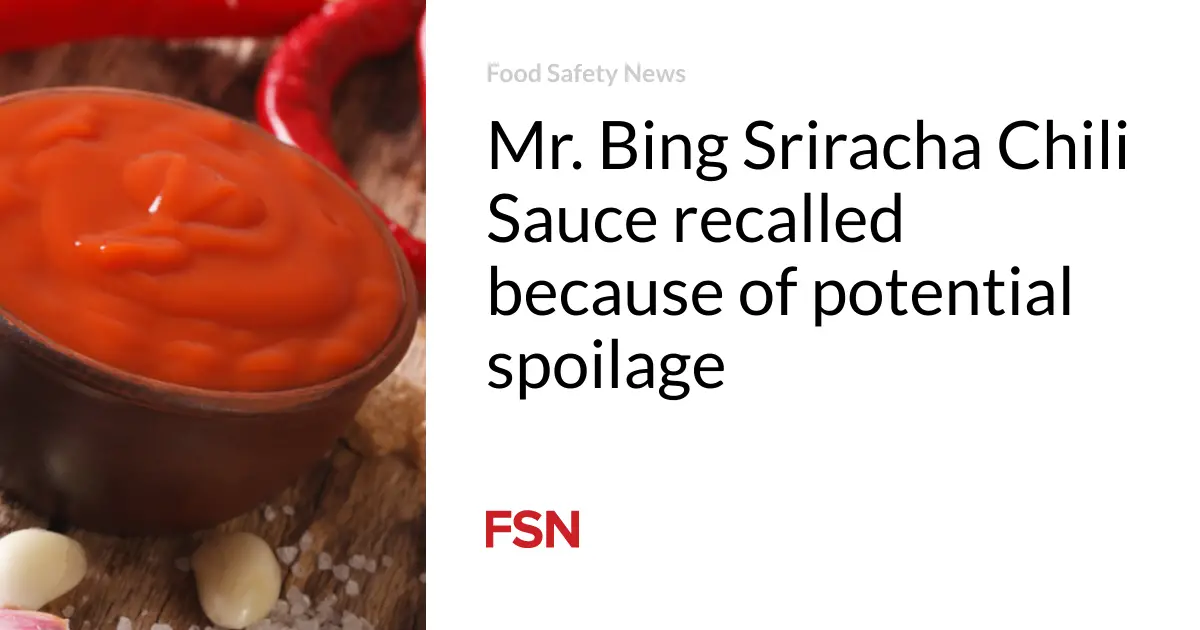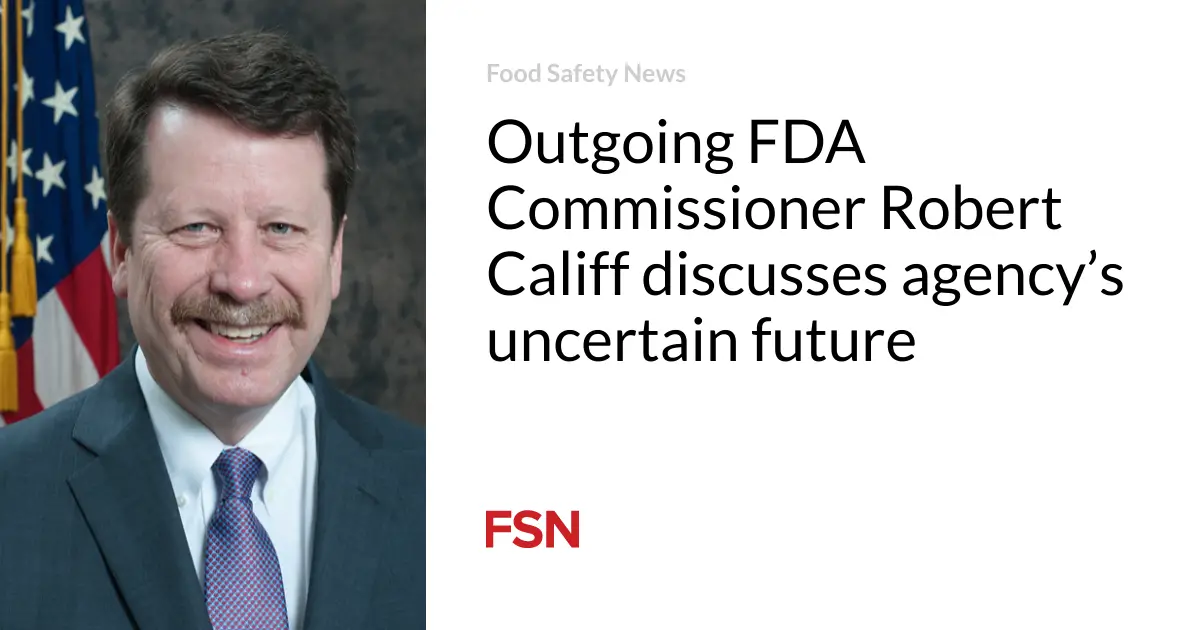
[ad_1]
An appeals court in Finland has increased an individual’s sentence for manipulating a food hygiene test.
The Helsinki Court of Appeal modified the decision given by a district court from a suspended prison sentence of 10 months to a suspended sentence of 1 year and 8 months and told the defendant to pay €25,000 ($27,300) in compensation.
The accused person participated in the organization of hygiene passport tests in Vantaa between 2015 and 2018.
The Hygiene Passport system is coordinated by the Finnish Food Authority (Ruokavirasto). According to Finnish legislation, an employee needs a Hygiene Passport if they handle unpackaged perishable items, such as milk and meat, in an establishment such as a restaurant, store or food factory.
Hygiene passport test statements were translated into foreign languages, and those who participated in the exams were given advance help to find the correct answers. This led to the owner of the translation agency being convicted.
According to the Finnish Food Authority, almost everyone who took the tests passed with approval, using notes marked in the translations to guide them to the correct answers.
The sentenced person organized hygiene passport exams through two approved testers and an educational institution offering vocational training. The accused made a financial gain by invoicing those to be tested and the educational institution. The hygiene passport testers involved were not accused in the criminal case.
Around 1.5 million Hygiene Passports have been issued in Finland. The Finnish Food Authority approves 1,300 hygiene passport examiners. Around 10,000 sessions are arranged annually, resulting in an average of 60,000 Hygiene Passports being issued.
Animal welfare findings
Meanwhile, the Finnish Food Authority has revealed a slight improvement in animal welfare on farms, but things have gotten worse regarding horse transport.
In animal welfare inspections based on sampling, illegal procedures were revealed in 26 percent of farms in 2023, compared to 29 percent the year before. A new animal welfare law entered into force in January 2024.
The number of issues found in the transport of horses had increased significantly, with deficiencies in more than half of the 21 inspected transports.
A total of 333 farms were inspected in 2023, of which 306 had animals at the time of the visit. Of 45 broiler farms, eight had violations, mostly related to the conditions of rearing units, such as air quality or humidity and lighting.
Thirty percent of inspected cattle farms had problems. The rate of non-compliance on pig farms decreased considerably from the previous year. Deficits declined slightly on sheep farms. Issues were found on three of eight goat farms.
Deficits related to cleanliness and sleeping places were quite common at pig and cattle farms. Cattle and sheep farms selected based on animal welfare risks had more deficiencies than randomly chosen sites.
In 2023, violations were found in 57 percent of inspected horse transports in the animal transport sampling controls, compared to 26 percent in 2022. Most issues were related to document deficiencies, not matters directly affecting animal welfare.
(To sign up for a free subscription to Food Safety News, click here.)
[ad_2]
Source link





